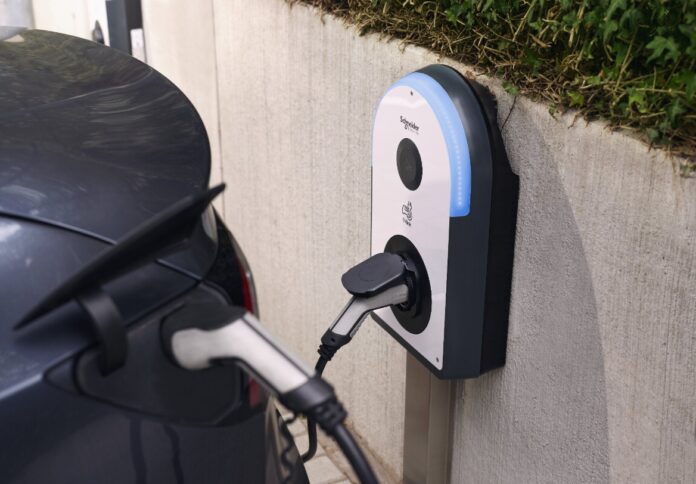
As the World Economic Forum’s annual meeting in Davos gathers momentum, Schneider Electric said it is advocating for an intensified emphasis on the power of electrification and digitalisation to accelerate the global decarbonisation agenda.
In light of escalating climate change, geopolitical tensions, fluctuating energy prices, and growing pressure from stakeholders, environmental sustainability and energy resilience have taken centre stage on both corporate and policy agendas, the company said in a news release.
“With energy accounting for 80% of carbon emissions, the energy transition is central to decarbonisation,” said Peter Herweck, CEO of Schneider Electric.
“The potential of AI is currently capturing everyone’s attention. But let’s not forget that existing technologies – both renewable energy generation and digital and electrification tools that lower energy demand by rendering sites and operations far more energy efficient – can sharply reduce emissions now,” he added.
Herweck continued, “There’s no time to wait for tomorrow’s solutions when much more can be achieved with what we have today.”
Acknowledging the crucial role of the private sector, Herweck emphasised that global companies are crucial in lowering emissions.
Over 4,200 companies worldwide have set emissions-reduction targets validated by the Science Based Targets initiative (SBTi) as of January 2024, signalling a growing commitment to sustainability and decarbonisation.
The power of energy efficiency is gaining traction, and Schneider Electric’s partnership with the International Energy Agency has facilitated discussions among government and business leaders on this crucial topic.
A recent report by the World Economic Forum revealed that acting on energy consumption through energy savings, efficiency, and value cooperation partnerships could unlock up to $2 trillion in savings for the global economy, potentially avoiding the need for 3,000 additional power stations if actions are taken before 2030.
Research conducted by Schneider Electric highlighted the potential of installing digital building and power management solutions in existing buildings to sharply reduce operational carbon emissions, with a payback period of less than three years.
Addressing the challenge of “Scope 3” emissions, which constitute the largest part of a company’s carbon footprint, Schneider Electric stressed the importance of businesses extending their focus beyond internal operations.
Olivier Blum, executive vice president of Energy Management at Schneider Electric, emphasised that companies serious about decarbonisation should encourage greater energy efficiency across their entire value chain through electrification and digital technologies.
“Businesses that are serious about decarbonisation need to look beyond their own operations and address their entire value chain. And they need to realise that encouraging and helping their suppliers, customers, and other business partners to strive for greater energy efficiency – through electrification and digital technologies – and cleaner energy procurement, is a huge part of the answer,” he explained.
















